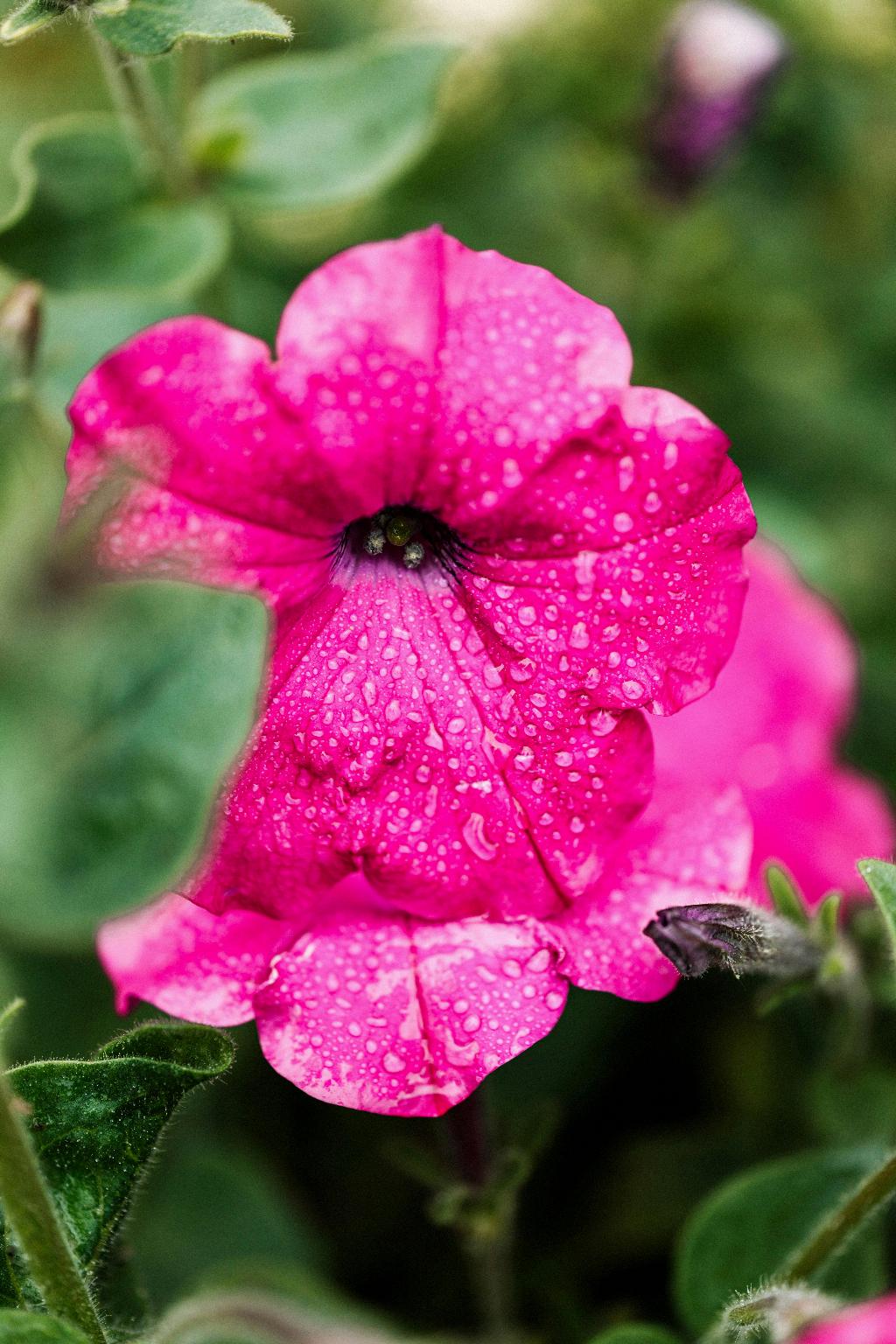Winter can be a challenging time for many plants, and petunias are no exception. These vibrant and delicate flowers, known for their stunning blooms, require special care to survive through the cold months. So, can you winter over petunias? The short answer is yes, but it requires attention to detail and proper care.
When it comes to wintering over petunias, the key is to create the right environment for them to thrive in. Ideally, you should overwinter your petunias in a bright, cool room with temperatures ranging from 5 to 10 °C. This range is optimal for their hibernation period and will help them conserve energy for the spring.
Moreover, the location where you choose to winter over your petunias should be protected from draughts and dry heating air. These conditions can be harsh on the plants, causing them to wither and die prematurely. Ensuring a stable and suitable environment is crucial for their survival.
While it’s important to provide the right temperature and protection for your petunias, you should also pay attention to their water needs during the winter months. While you don’t need to water them as frequently as in the warmer seasons, it’s essential to give them a little water to prevent them from drying out completely.
Pruning is another essential aspect of petunia care during winter. Trimming back any leggy growth or dead flowers can help the plant conserve energy and nutrients, leading to healthier growth when spring arrives. Pruning also encourages new growth and helps maintain the plant’s shape.
Additionally, fertilizing your petunias during their winter dormancy can be beneficial. Using a slow-release fertilizer with a lower nitrogen content can provide essential nutrients to the plant without promoting excessive growth during the dormant period.
It’s essential to monitor your petunias closely during the winter months to ensure they are healthy and thriving. Keep an eye out for any signs of stress or disease, such as yellowing leaves or mold growth. Addressing any issues promptly can prevent further damage and help your petunias survive the winter.
One common mistake when wintering over petunias is overwatering. While it’s crucial to provide adequate moisture, waterlogged soil can lead to root rot and other issues. It’s best to water your petunias sparingly and allow the soil to dry out slightly between waterings.
Another tip for successfully wintering over petunias is to avoid placing them near heat sources or vents. Direct heat can dry out the plants and cause them to wilt prematurely. Instead, opt for a cooler area with indirect light to ensure the best conditions for your petunias.
Remember that each petunia plant is unique, and its care requirements may vary based on factors such as the plant’s size, age, and overall health. Observing your plants closely and adjusting your care routine accordingly can help them thrive during the winter months and emerge healthy and vibrant in the spring.
In conclusion, with the right care and attention to detail, you can successfully winter over your petunias and ensure they survive the cold months. By providing the optimal environment, monitoring their water and nutrient needs, and addressing any issues promptly, you can help your petunias thrive and bloom beautifully when spring arrives.

